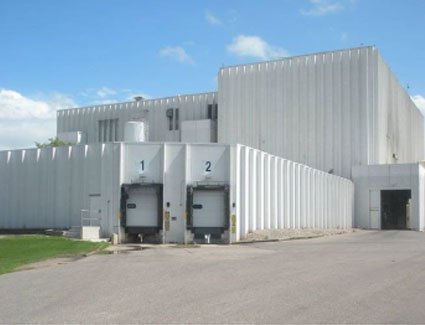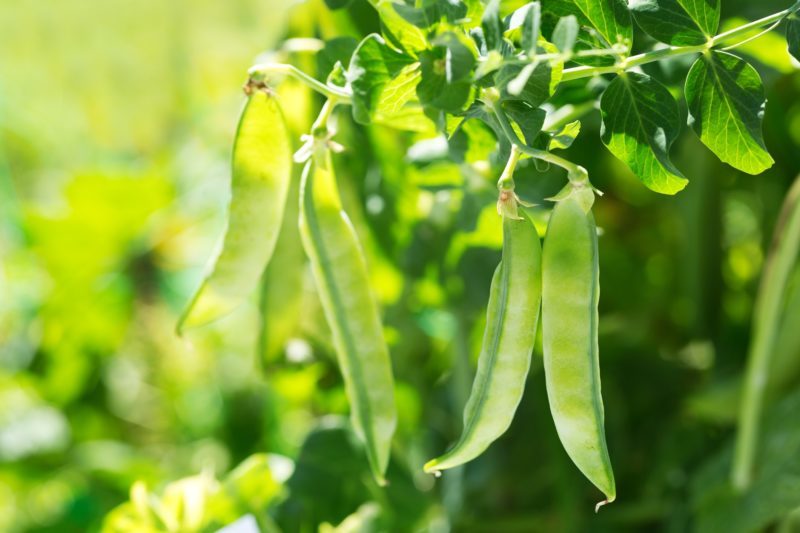
Minneapolis, MN—Cargill has invested an additional $75 million in PURIS, which will enable PURIS to more than double its pea protein production using an existing 200,000 square-foot facility in Dawson, Minnesota, according to a press release.
PURIS works with a network of over 400 U.S. farmer to grow its non-GMO pea seed, which not only provide economic benefit to the farmers, but also help regenerate the soil. PURIS purchases the peas the farmers grow and turns them into pea protein, pea starch, and pea fiber, as well as other pea ingredients.
With engineering complete on the Dawson facility, construction to retrofit it for pea production will start immediately, with an anticipated operational start date of late 2020. PURIS will own and operate three facilities in North America focused solely on pea protein production in Turtle Lake, Wisconsin; Oskaloosa, Iowa; and Dawson, Minnesota.
Related: Cargill Invests in Puris to Expand Pea Production PURIS and Cargill Partnership Leaders Speak Out on Pea Protein Cargill Launches BeefUp Sustainability Initiative
Tyler Lorenzen, PURIS president, said in the press release: “This is more than a pea protein facility. This is the future of food. The Dawson facility will not only support PURIS farmers in the U.S. with a crop that regenerates their land and that is sustainable because it provides soil health advantages but will also support the growing demand for great tasting plant-based products in the marketplace. This investment will grant PURIS the ability to support more food companies, more farmers and more consumers, faster.”Laurie Koenig, Cargill texturizers and specialty lead, said in the release: “As consumer demand increases for plant-based proteins, we want to make sure that Cargill, with our partner PURIS, can deliver on that demand with great tasting, sustainable and label-friendly pea protein for customers in North America and across the world. This investment also provides significant support to the local economy with approximately 90 new jobs and a new revenue stream for Midwest farmers.”










